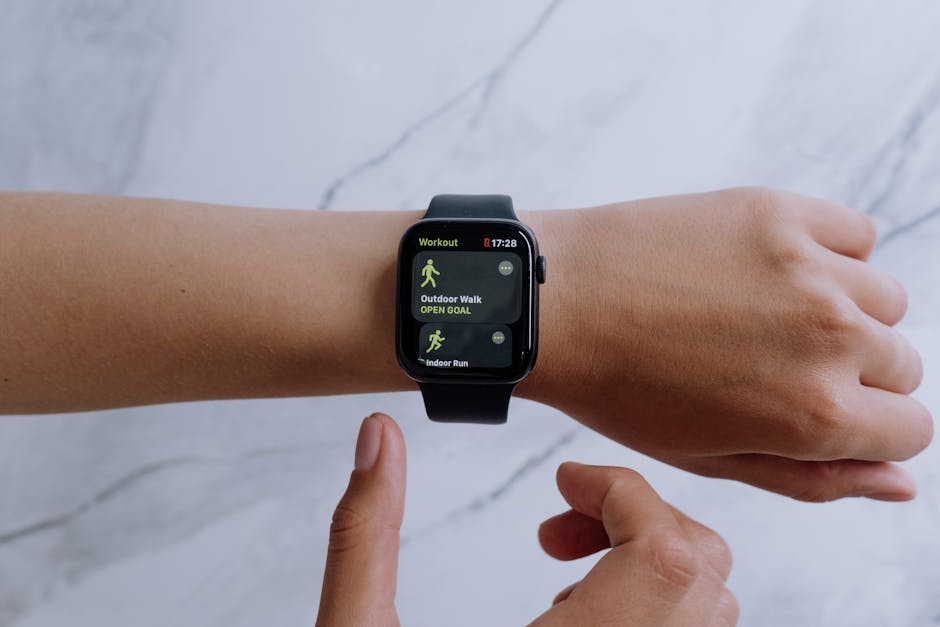Modern Medical Services: Innovative Health Care Approaches
Modern medical services have taken tremendous strides in recent years, blending cutting-edge technology with patient-focused care. What does this mean for you? It means healthcare is no longer just about treating symptoms but understanding you as a whole person, delivering faster, more personalized treatments.
The Role of Artificial Intelligence in Diagnostics
Artificial Intelligence (AI) has quickly become a trusted assistant in medical diagnostics.

Think about how time-consuming and error-prone traditional methods of analyzing data can be. Now imagine having an AI system that can sift through hundreds of scans in mere seconds, flagging abnormalities with astonishing precision. AI tools like Google's DeepMind have demonstrated their capability to detect eye diseases from retinal scans with an accuracy that rivals top ophthalmologists.
But it’s not just about speed; it’s also about reaching places where access to specialists is limited. Tools like these are being deployed in remote clinics where trained radiologists may not be readily available, ensuring early detection and treatment opportunities for patients who might otherwise go undiagnosed.
Telemedicine: Bridging the Gap Between Patients and Providers
If there’s one thing we’ve learned from recent years, it’s how much we can accomplish without leaving home and healthcare is no exception. Telemedicine allows you to consult with doctors using video calls, chat platforms, or even specialized apps. This isn’t just a matter of convenience; for those living in rural areas or managing chronic conditions that make travel difficult, telemedicine can be a lifeline.
Take Babylon Health, for example. Their platform offers AI-driven symptom checkers alongside live consultations with doctors. The blend of AI and human expertise enables faster diagnosis while saving time for both patients and providers. According to a report by McKinsey & Company, telehealth usage increased by 38 times between 2020 and 2021 in the U.S., showing just how rapidly people are embracing these tools.
Wearable Technology: Your Health on Your Wrist
Fitness trackers and smartwatches have moved beyond counting steps, they’re now mini health hubs strapped to your wrist. Devices like the Apple Watch or Fitbit monitor heart rates, oxygen saturation levels, sleep patterns, and even irregular heart rhythms like atrial fibrillation (AFib). These insights empower you to take control of your health in real time.
Even better, this data isn’t just for your personal use. Many healthcare systems now integrate wearable tech data into patient records. If you’re managing a condition like diabetes or hypertension, your doctor can analyze trends from your device to adjust treatments accordingly, no need for constant clinic visits.
Personalized Medicine: Tailored Treatments Just for You
The idea that one-size-fits-all works in medicine is rapidly fading. Enter personalized medicine, an approach where your treatment plan is based on your genetic makeup, lifestyle, and even the environment you live in. A striking example is how cancer treatment is evolving. Instead of relying on broad-spectrum chemotherapy, oncologists are using genetic testing to identify specific mutations driving a tumor’s growth. This allows them to prescribe targeted therapies that attack cancer cells while sparing healthy ones.
Pharmacogenomics is another area making waves in personalized medicine. By studying how your genes affect your response to drugs, doctors can determine which medications are likely to be most effective, or even avoid those that might cause harmful side effects. This means fewer trial-and-error prescriptions and faster relief from symptoms.
Robotics in Surgery: Precision Beyond Human Hands
Surgical robots sound futuristic, but they’re already operating in hospitals around the globe. Take the da Vinci Surgical System as an example, this robot assists surgeons in performing minimally invasive procedures with greater precision than traditional methods allow. Controlled by a human operator, it translates hand movements into smaller, more exact motions using robotic arms equipped with cameras and surgical instruments.
The benefits? Reduced recovery times, smaller scars, and less post-operative pain for patients. These systems are becoming more affordable too, meaning they’re not just reserved for elite hospitals but are spreading to community facilities as well.
A Look at Data Security and Ethical Considerations
With so much data being generated (whether through wearables, telehealth platforms, or AI systems) concerns about privacy and ethics naturally arise. How do we ensure sensitive information stays secure? What happens if algorithms make biased decisions due to flawed training data?
Healthcare organizations are addressing these challenges by implementing stricter cybersecurity measures and auditing AI systems for fairness and transparency. Companies like Microsoft have introduced tools designed specifically for safeguarding health data while maintaining compliance with regulations like HIPAA (Health Insurance Portability and Accountability Act).
Yet the ethical conversation doesn’t stop at security, it also extends to accessibility. Who gets access to these advanced technologies? Ensuring equity remains a priority as we continue integrating these innovations into everyday care.
The Road Ahead
While modern medical services offer exciting possibilities, they also raise questions about cost, accessibility, and long-term impact on doctor-patient relationships. What’s clear is that the focus is shifting toward empowering individuals with tools that make healthcare more proactive than reactive, a transformation driven as much by technology as by a desire for more compassionate care.
Whether it’s AI diagnosing diseases earlier than ever before or wearables giving you daily health updates at your fingertips, the integration of innovation into healthcare promises better outcomes for everyone involved. And as these technologies continue to advance and integrate into our lives seamlessly, they remind us that modern medicine isn’t just about treating illness but fostering wellness too.
